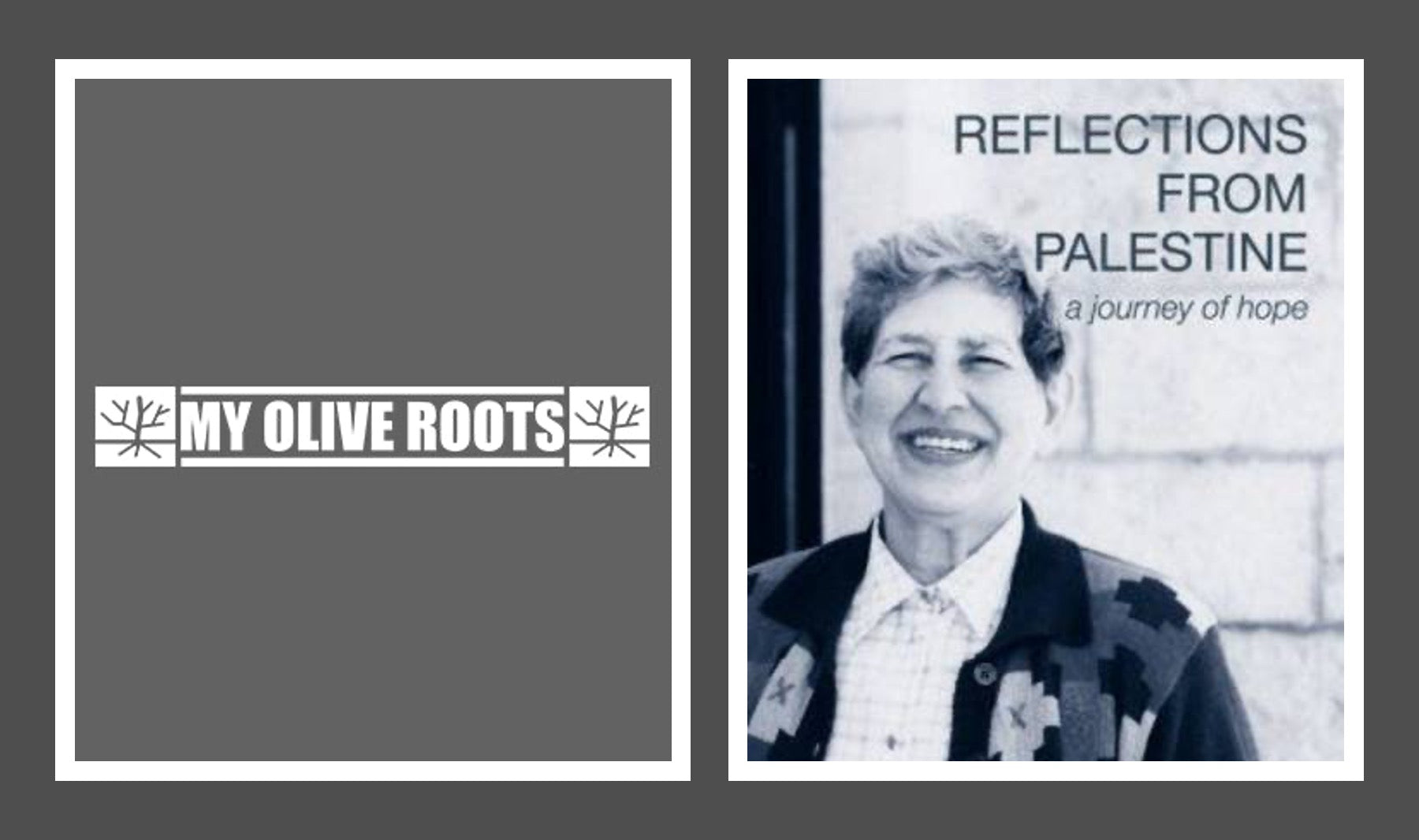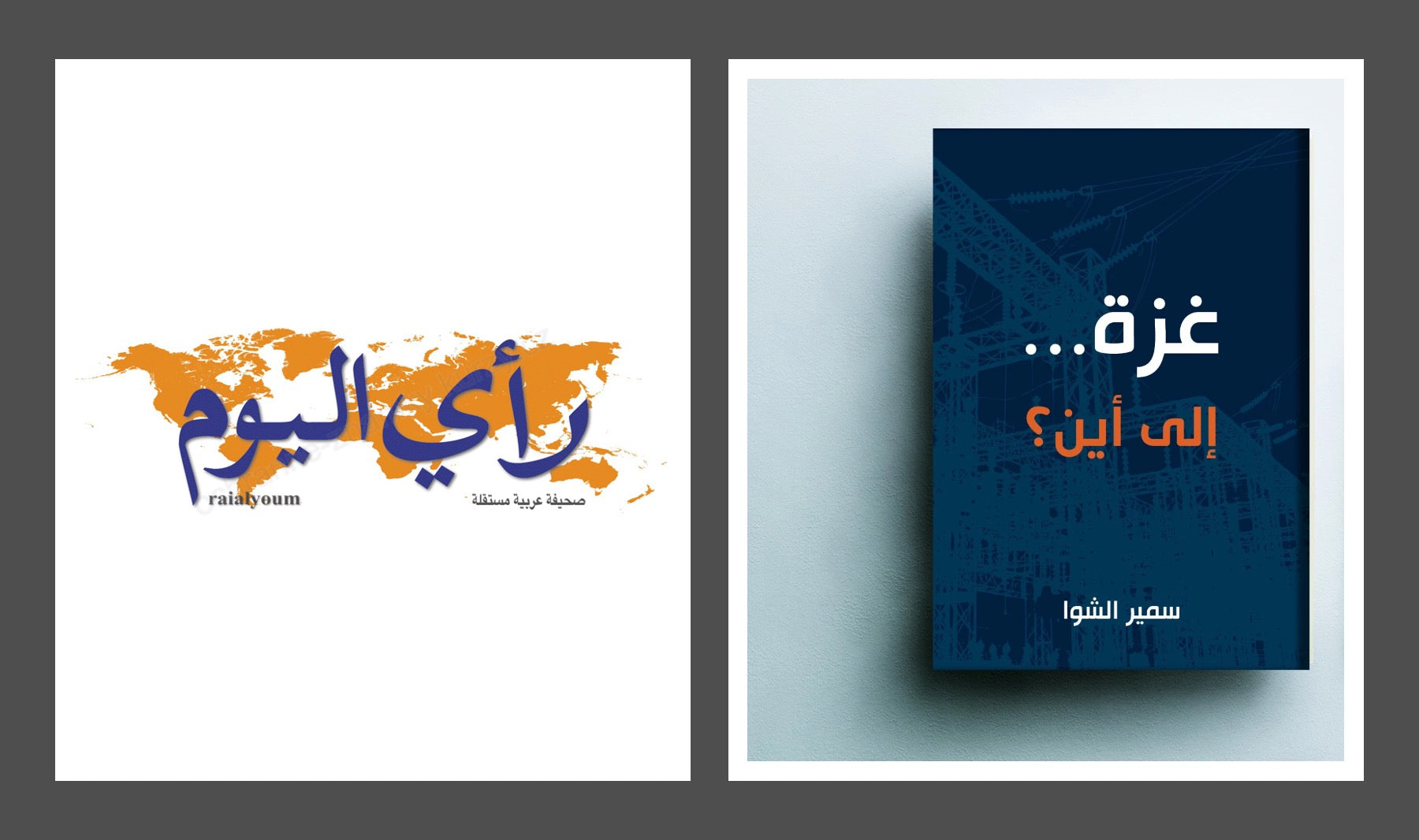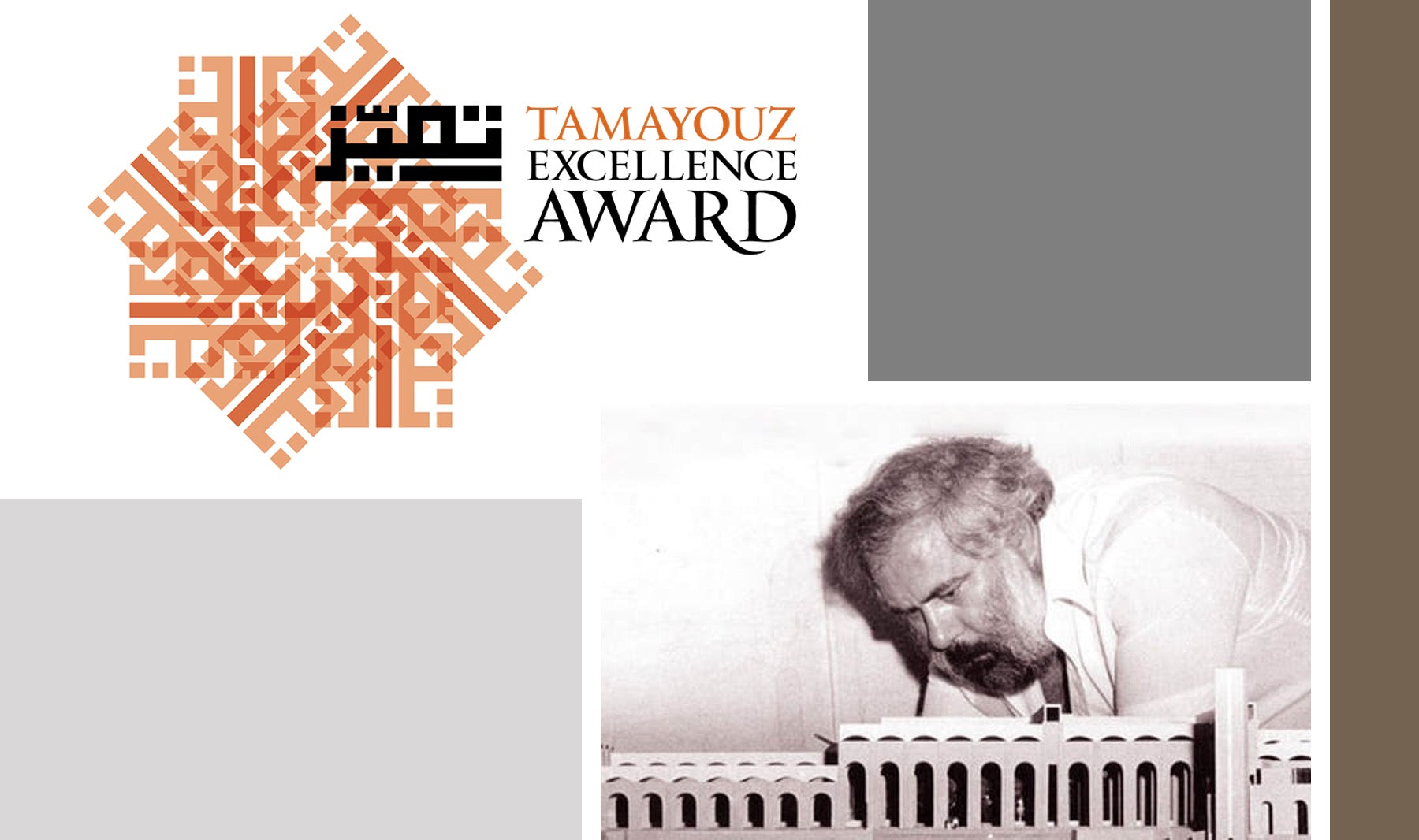
MY OLIVE ROOTS
My Memories of 1948
The Beginning…
I belong to the last generation who lived and enjoyed Palestine before 1948. I was born in Jaffa in 1933 and lived in several Palestinian cities: Ramleh, Safad, Nazareth, Nablus and Jerusalem. I have fond memories of the times I spent swimming in the sea of Jaffa and Lake Tiberias. Although I always dreamed of returning to those areas that we were dispossessed of, I did not imagine that this would come in the shadow of a second Nakba (catastrophe) called Naksa (setback) in 1967. We actually did return to the land, but it was not really a return. It was a visit within a new stage of an ongoing Nakba up till this day.
I remember how sad I felt when we visited the sea of Jaffa, which we had been deprived of for the last 19 years. The scene looked so strange, and the language was not familiar that I found myself crying non-stop. I experienced the same pain during my visits to our home in Jerusalem and my grandfather’s house in Jaffa. We the owners of the house, were now strangers in our own house, occupied now by strangers.
When the Nakba took place we were living in Upper Baka’a in Jerusalem. Tension had started mounting due to the many Jewish terrorist attacks against the British Mandate and the Palestinians. One of the first of those attacks was the bombing of the British Mandate Secretariat’s wing of the King David Hotel on 22 July 1946 by the Irgun group, led by Menachem Begin. Although the bombing was directed mainly at the British government, it killed eighty people – half of them were Arabs.
I was still in the boarding section at Birzeit College, (a high school at the time,) and I did not realize that the Christmas break of 1947 would be the last we would spend in Jerusalem. That holiday that we were looking forward to after a long and tedious term, came to an end with the killing of 11 members of the Lorenzo and Abu Suwan families in the bombing of the Samiramis hotel in the Qatamoun quarter in Jerusalem, by the Haganah Jewish terrorists.
As unrest was mounting in 1948 in most of the Palestinian areas, the Birzeit college administration decided to end the school year earlier than usual. In the meantime, the Palestinian commander Abdul Qadir al-Husseini head of ‘Al-Jihad Al-Muqaddas’ army set up his headquarters in Birzeit. The entire town rallied to support his initiative, and many young people joined that army despite its limited resources. We, the female students, participated in the effort by knitting sweaters for those young men.
The high school graduation ceremony was to be held in late April 1948 under the patronage of Commander Abdul Qadir al-Husseini. But he was martyred in the Battle of Qastal on the April 8, so his deputy Emile Ghouri distributed the diplomas on April 30. However the loss of Abdel Qadir was enormous and the feeling of sadness enveloped the whole area. On the next day of that battle and on the April 9, the Deir Yaseen Massacre took place at the hands of the Stern and Irgun Jewish terrorist groups. Almost one hundred were killed, mostly women and children.
This massacre was a major factor in the exodus of Jerusalemites. The Zionist groups went around the residential quarters of Jerusalem in open tanks with some of the survivors of Deir Yaseen, urging Palestinians via loud speakers to leave immediately otherwise their fate will be like those of Deir Yaseen. As a result of this threat, people were terrified and started leaving their homes in Jerusalem. We in Birzeit received four families of our relatives who stayed with us for several months until they realized that leaving their homes did not seem like a short visit or ‘a picnic’ as some had thought, but a permanent situation.
Jaffa fell into the hands of the Zionists on April 30, and our relatives left the city on boats heading for Beirut or Alexandria. From then on the suffering of the Palestinian people started with their being alienated from their homeland.
Welcoming The Ramleh and Lydda People
One of the sad events of the summer of 1948 was the forced eviction of the people of Ramleh and Lydda who arrived in Birzeit on July 13. I was sitting on the balcony, immersed in reading a book, when all of a sudden I saw droves of people coming through the Jaffa Birzeit Road. I left the book aside, and ran out with the rest of the family to receive them. One of them told us how the Zionist forces evicted them from their homes at gunpoint. They robbed their money as well as all the jewelry that the women were wearing or carrying.
Those people were absolutely exhausted after a very long walk on such a hot day. One woman seemed to have had a sunstroke and was delirious. We heard so many stories that would make ‘one’s hair turn grey.’ One woman had her son snatched out of her arms by the Zionist forces, while another picked up the pillow instead of her child, yet another could not get back to the house where her young daughter was waiting for her after she had gone out for an errand.
My aunt, Nabiha Nasser who was the school principal, ordered us to help the kitchen staff to provide food and water to those exhausted people. The churches and mosques opened their doors to provide them with shelter. And one of the school buildings, which was vacant, was also used as a shelter, while many people found sanctuary under the many olive trees in Birzeit, until the Red Cross provided them with tents.
We hosted a Swiss nurse, and I often accompanied her during her visits to those refugees to find out how they were doing and what their needs were. Eventually the UN Relief and Works Agency (UNRWA) was established in December 1949 as a temporary organization for the relief of the Palestinian Refugees. The Agency began distributing food, and some societies and religious institutions provided blankets and clothes for children.
And here I recall the words of martyr poet Kamal Nasser who was in Birzeit when those refugees came “My brother, the refugee! They offered us poison with our food and we ended up like a dumb flock of sheep” UNRWA would have served those refugees much better had they insisted on the implementation of UN resolutions, calling for the return of the refugees to their homes, and be able to live in dignity and security.
The War Of June 1967
When the June 1967 war began, my father called to urge me to go to Birzeit, thinking that it would be safer there than in our house in Beit Hanina, which was located near a Jordanian army camp. There and then I recalled the 1948 Nakba and was worried that I would not be able to return to my home.
However my husband insisted that I go with the children while he stayed at home. But soon after, he realized that the Jordanian army camp had already been evacuated. Almost overnight, the West Bank, Gaza, the Golan Heights and the Sinai fell under Israeli control, and we faced a new reality and new restrictions. Once again, the United Nations failed to implement Security Council resolution 242 adopted unanimously on November 22, 1967, which called for the withdrawal of Israel from the occupied territories.
With the support of the United States, Israel has been able to violate all UN resolutions, as well as international law with impunity. It has annexed East Jerusalem, established Jewish settlements in the occupied territories, and it continues to deny access to Jerusalem to Palestinians residing outside Jerusalem. Thousands of Palestinians continue to be detained in Israeli jails -including around 350 children.
The Nakba Goes On. Is There Hope?
Without hope, we would not have survived all those years, and we would not have established our various educational, health, cultural and social institutions which have contributed to the steadfastness of our people. We cannot lose hope because our cause is a just cause, and our right of return is both a collective right and an individual right. Therefore, we cannot abandon Palestine – the cause, the dream and the homeland. As the saying goes, “No right will be lost as long as there is some one continuously demanding that right.”
[Translated from Arabic with permission from Al-Adab magazine in Beirut.]
*source My Olive Roots
Buy Reflections from Palestine


